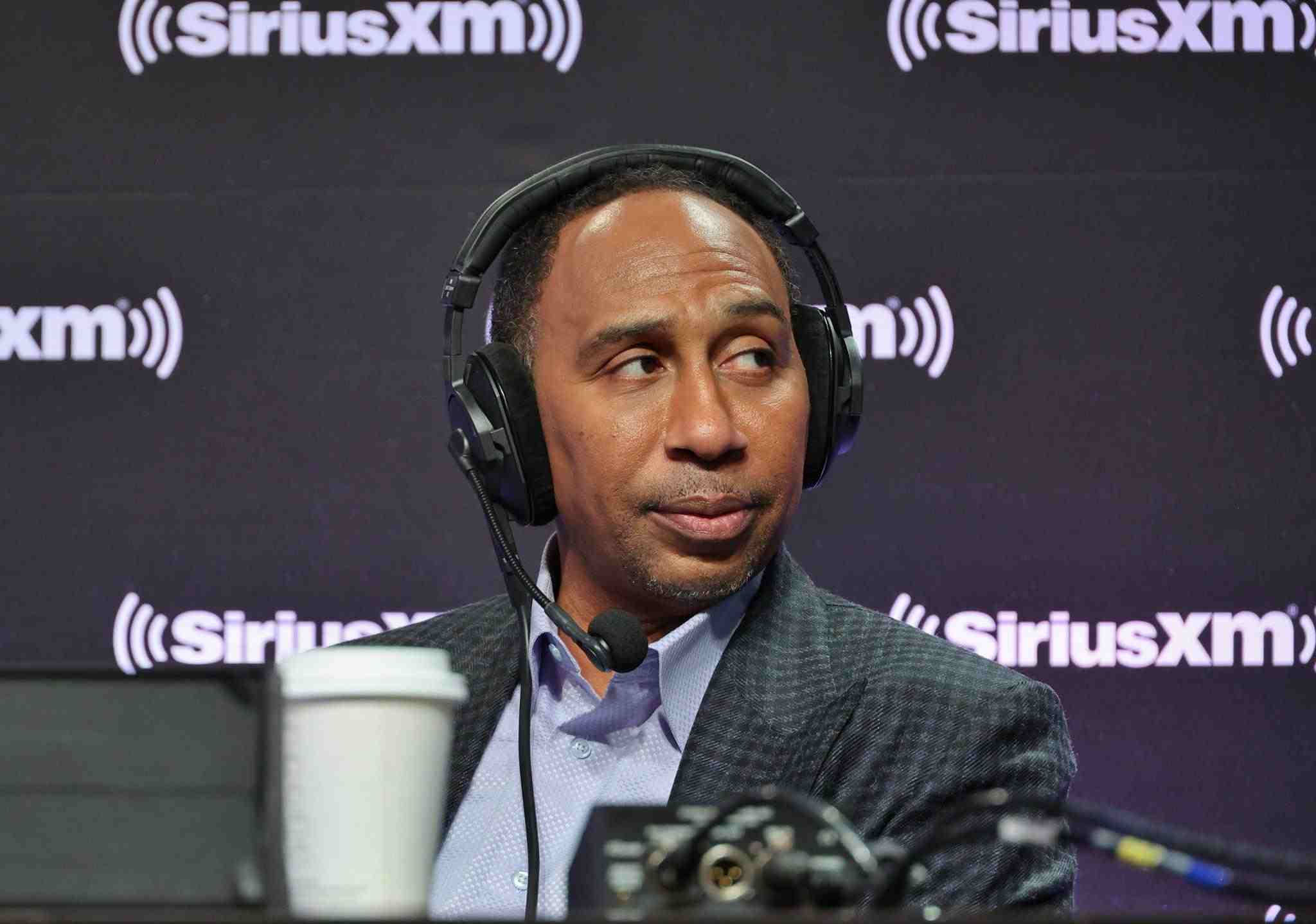Stephen A. Smith, in an unexpected flip, firmly defends Malika Andrews amid claims of racially biassed reporting in the Josh Giddey scandal. This surprise support comes after Andrews criticized Smith a year ago, signaling a change in their dynamic.
Despite previous disagreements, Smith’s strong defense represents a potentially major shift in acknowledgment of the complexity in covering racialized topics. The present stand emphasizes the media’s complicated landscape, reflecting the changing nature of professional connections and their impact on tackling delicate issues in sports writing.
Stephen A. Smith defends Malika Andrews
Stephen A. Smith stepped up to defend his ESPN colleague Malika Andrews after claims of biassed reporting regarding NBA players Josh Giddey and Brandon Miller’s off-court problems. Andrews, the presenter of ESPN’s “NBA Today,” received criticism for allegedly downplaying Giddey’s suspected inappropriate interaction with a youngster while previously investigating Miller for his potential role in a wrongful death lawsuit on Draft night.
Stephen A. Smith defends Malika Andrews
— NBACentral (@TheDunkCentral) November 30, 2023
“The city of Charlotte is considered the Bible Belt. When Brandon Miller showed up at South Carolina, you would have thought he was Hillary Clinton. They were screaming, ‘lock him up, lock him up, lock him up,' How in God’s name does… pic.twitter.com/zc7iwyAUlt
Dez Bryant, a former NFL player, expressed his displeasure on social media, asking Andrews not to make the matter about race and challenging her attitude. Smith vehemently supported Andrews throughout his podcast, claiming that the Giddey and Miller instances differed greatly and emphasizing her role as a journalist simply doing her job.
Smith emphasised the gap in public perception, citing the various reactions to Miller’s condition. He went on to say that because of the sensitive nature of Giddey’s case and the current inquiry, journalists needed to be more cautious. Despite the continued off-court controversies, Giddey and Miller continue to play in the NBA.
Malika Andrews blasted Stephen A. Smith over Ime Udoka issue
Malika Andrews and Stephen A. Smith’s professional feuds erupted after a heated argument on “First Take” about former Boston Celtics coach Ime Udoka‘s suspension earlier this year due to an alleged intimate relationship with a female staff member. Smith criticised the organisation, claiming that they made the situation open for public examination, and contending that Udoka should not bear sole responsibility.
Smith stated, “Why is he the sole violator of company policy? Isn’t the woman who engaged in a consensual relationship equally at fault?”Andrews quickly responded, stating, “Stephen A., respectfully, this isn’t about assigning blame elsewhere. Stop. Debating whether someone else should face suspension diverts from the point. We’re not here, Stephen A., to perpetuate blame towards women.”
Stephen A Smith just went in on Malika Andrews 😭😭😭😭😭😭 pic.twitter.com/2JCBdo9wGr
— Shannonnn sharpes Burner (PARODY Account) (@shannonsharpeee) September 23, 2022
Smith pointed out that he was not excusing Udoka, but said that the situation should have been handled more thoughtfully. Their disagreement showed differing perspectives on obligations and sensitivity when discussing such issues.







